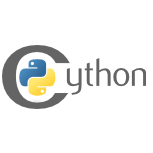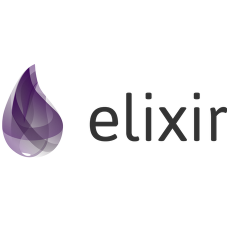
D
D is a versatile programming language that combines static typing with systems-level access and a C-like syntax, enabling developers to write efficient, easily readable code. With features like automatic memory management, built-in arrays, and innovative concurrency support, D caters to projects of any scale while maintaining safety and performance.
Top D Alternatives
OCaml
OCaml is an industrial-strength functional programming language renowned for its expressiveness and robust safety features.
D
D is a versatile programming language that combines static typing with systems-level access and a C-like syntax, enabling developers to write efficient, easily readable code.
OCaml
OCaml is an industrial-strength functional programming language renowned for its expressiveness and robust safety features.
Cython
Cython is an advanced static compiler designed to enhance both Python and its extended Cython programming language.
Racket
Racket is a versatile programming language tailored for creating and experimenting with new languages.
Cython
Cython is an advanced static compiler designed to enhance both Python and its extended Cython programming language.
Racket
It features powerful macros and a rich library ecosystem, enabling developers to build everything from...
Deno
It supports modern JSX and TSX syntax for HTML generation, includes built-in tools for linting...
Elixir
Its lightweight processes facilitate efficient resource use and fault tolerance, making it ideal for diverse...
Deno
It supports modern JSX and TSX syntax for HTML generation, includes built-in tools for linting...
Elixir
Its lightweight processes facilitate efficient resource use and fault tolerance, making it ideal for diverse...
Mojo
It eliminates the need for CUDA, enabling efficient CPU and GPU execution...
GameMaker Language (GML)
It empowers users to build games flexibly while harnessing the capabilities of major programming languages...
Mojo
It eliminates the need for CUDA, enabling efficient CPU and GPU execution...
GameMaker Language (GML)
It empowers users to build games flexibly while harnessing the capabilities of major programming languages...
Top D Features
- static typing
- systems-level access
- C-like syntax
- fast compilation
- automatic memory management
- scoped resource management
- built-in linear arrays
- associative arrays
- slices and ranges
- true immutable data
- message passing support
- controlled mutable sharing
- extensive concurrency support
- unit testing integration
- precise interfaces
- custom allocators
- inline assembly capabilities
- @safe and @trusted attributes
- seamless C interoperability
- generative programming features






